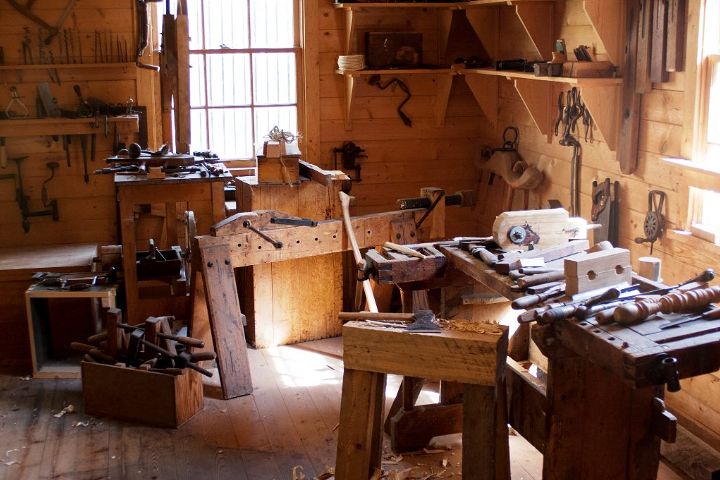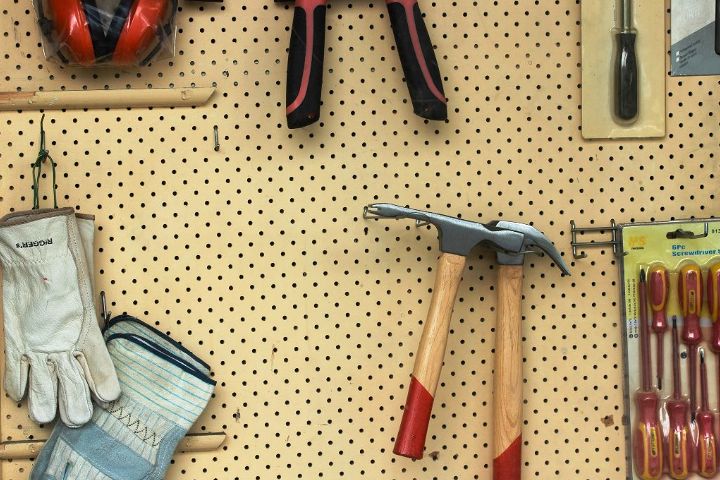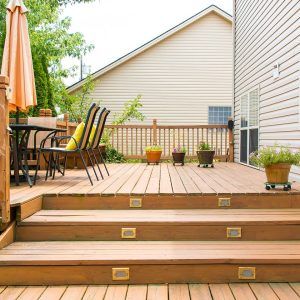When you’re interested in learning how to do something on your own, one of the most important things you need is a place where you can do it. And with DIY workshops popping up all over the country these days, there are plenty of places to find exactly what you need. Being able to construct things yourself rather than having to go out and buy them is a wonderful feeling, but you still need the right tools for the job. Without the right tools, you’ll quickly become frustrated and give up. In this article, we’ll take a look at six important things your DIY workshop needs to have in order to be successful.

Acceptable Space
One of the most important things you need when setting up your own workshop is a proper space. If you’re going to work on big projects, then you have to have enough room for them. This means that every project has its own dedicated area in which it can be worked on. In addition to this, any common areas that may be used by multiple projects need adequate space as well. Getting a table saw out of the way will be much easier if you have a spacious garage to work in, for example.Apart from the fact that you need large space, you also need a certain amount of height. There’s no point in trying to work on something that you can’t even reach because of how tall it is, and this means that a step ladder will become a necessity for reaching overhead objects. Keeping the height of your workshop at least 7 feet high is recommended. Your workspace has to get you focused and ready for work too.
Structure
Having a successful workshop starts with the structure. The structure needs to be strong and sturdy enough to carry all of your things without causing any major damage or posing a safety hazard. In order to have a stable structure, you have to build it from good quality materials so that it can handle being put under pressure. When building, take your time and make sure it’s done right. If you rush through the process of building, then there is a risk of damaging the structure of your workshop, not to mention yourself during construction.
Tools
When setting up your DIY workshop, make sure you have all the tools you need before starting on any big project. Having these tools will be crucial to your success, and by having them on hand you’ll be able to work on projects more efficiently. You might want to try a table-saw for beginners if you are not too experienced using some tools. So what kinds of tools do you need? Here are some examples:
- Saws
- Hammers
- Screwdrivers
- Glue gun (or hot glue)
- Screws, nails, etc.
Measuring Tools
No matter what you’re building, chances are good that it requires a great deal of measuring and cutting. After all, if you can’t measure it, you can’t build it. Therefore, measuring tools are another necessity when working in a DIY workshop. A tape measure will become your best friend while doing projects that involve cutting wood to the correct size, for example.Measurement isn’t just to find the right length, but also to ensure that things are centered when being mounted. Having a good level will allow you to find out whether or not your project is properly placed, and this can help prevent major problems. And if this is the case, then having a variety of measuring tools will be crucial to your success as well as your safety.
- Tape measure
- Center finder/chalk box
- Carpenter’s square

Safety Gear
Having some safety gear lying around in your workshop is always a good idea. Even if you’re not working on anything that is particularly dangerous, having safety gear to hand will still be an advantage. This is especially important when dealing with power tools because they can cause a lot of damage in the event of malfunctioning or user error. Even if you don’t use it all the time, having it can be a lifesaver if something goes wrong.
Earplugs
Having earplugs will help prevent hearing loss and headaches while working in your DIY workshop. This is crucial for every shop because of the amount of noise that comes from tools such as saws and drills.
Eye protection
Wearing safety glasses will protect your eyes from sawdust and other possible hazards that might fly into them while working on a project. Having some extra sets of eye protection around is always a good idea because you do not know where else this stuff might end up. After all, if you wear the same pair every day, they will eventually get dirty. And if you have another set available to use, then you won’t have to worry about being without them when something goes wrong.Having safety gear on hand is not just limited to these tools. You should also invest in proper footwear, rubber mats that help prevent slipping, and fire extinguishers just in case something gets too hot.
Drills
Having a good drill is not only useful for construction but also for repairs. A variety of drills with different attachments can help you get the job done right. You can use them to drill holes in boards so that they fit together better or to tighten screws so they stay attached more securely. Drills are an all-purpose addition to your workshop that will allow you to get more done in less time. And by having a variety of drills available, you’ll be able to save money and time on the whole.Whether you are a professional craftsman or just someone who loves to tinker on the weekends, having all of these tools available in your DIY workshop will make it easier for you to get the job done right. These aren’t particularly expensive items either; most can be found at any hardware store and picked up quite easily. So what are you waiting for? Start stocking your shelves with some useful gear today.




